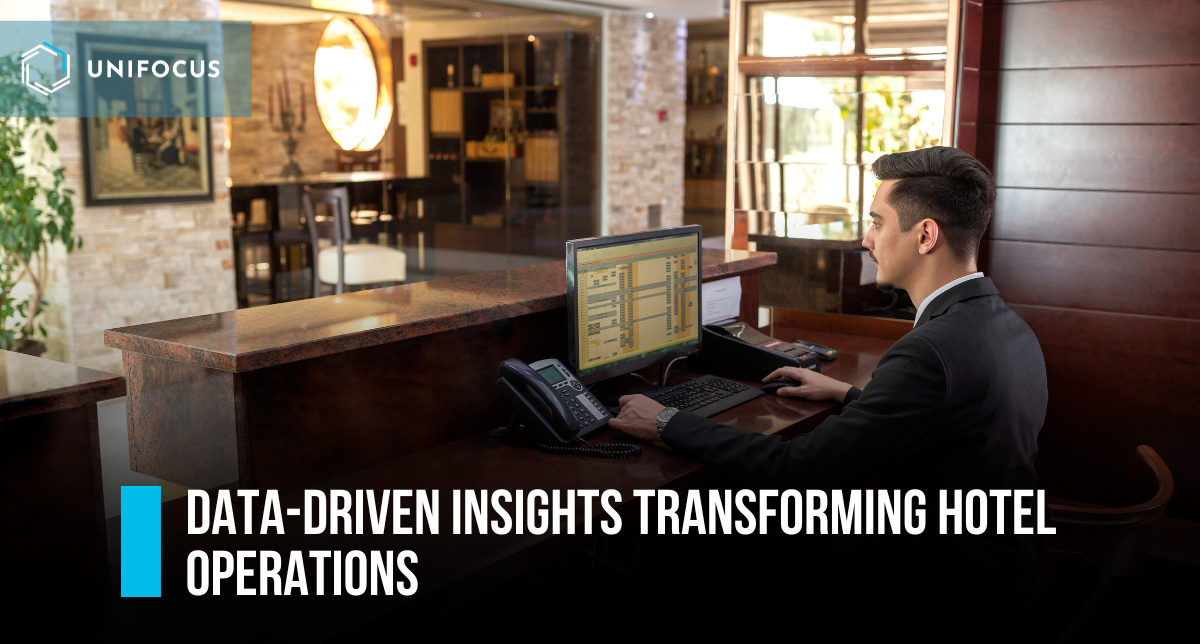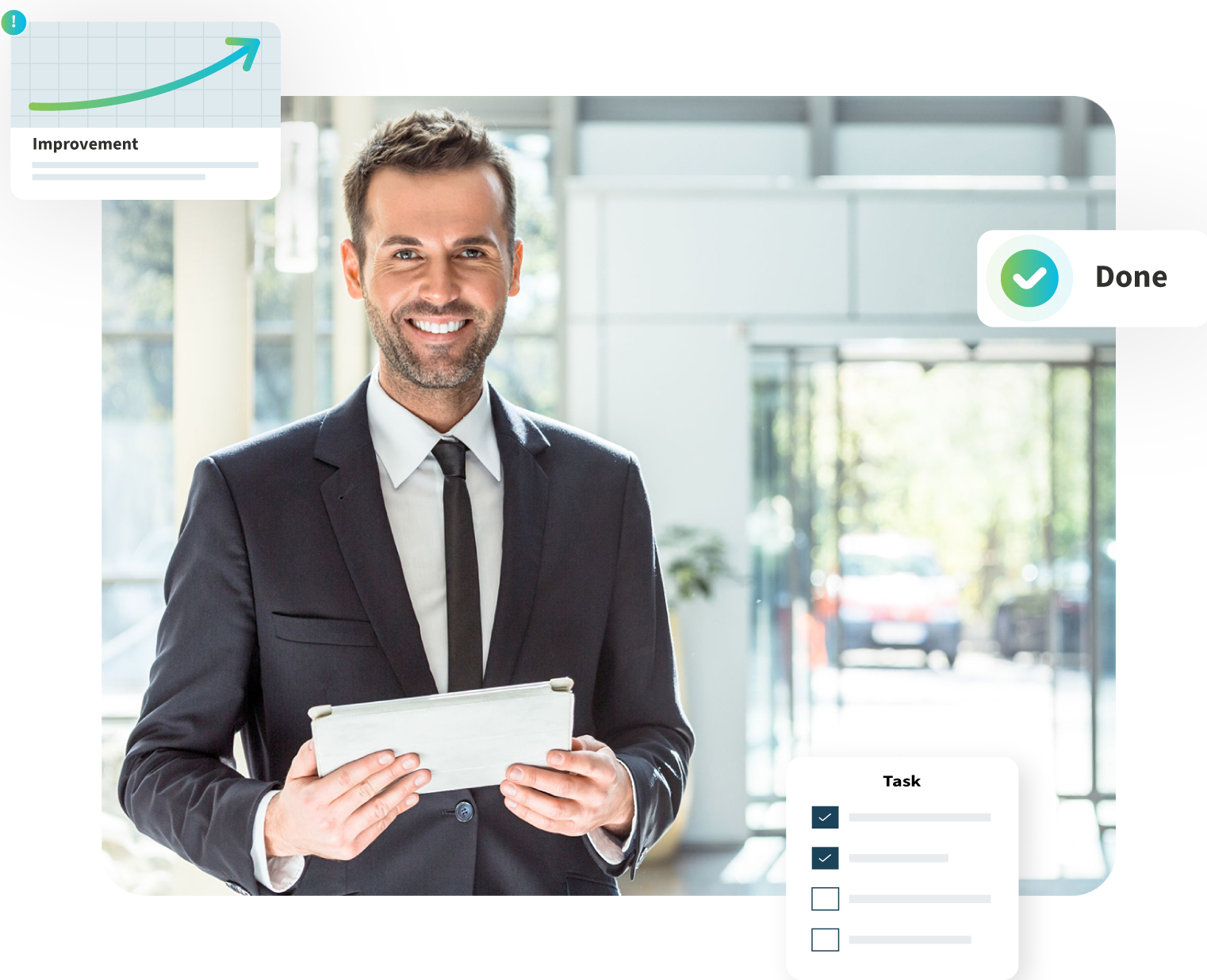Overcoming Hospitality Staffing Challenges with Technology: A Winning Formula for Success.
The hospitality industry is no stranger to staffing challenges. Labor shortages, rising operational costs, and fluctuating guest demand have made managing a hotel workforce more complicated than ever. Traditional approaches are no longer enough to meet these challenges head-on. Hoteliers now need smart, tech-driven solutions to optimize operations, enhance guest satisfaction, and keep their teams engaged.
If you’re in hospitality, you’re already feeling the pinch. The key question is: how can technology help you stay ahead of these workforce issues while maintaining profitability and delivering top-tier guest experiences? Here, we explore how leading hoteliers are using technology to address some of the industry’s most persistent staffing problems.
Tackling Labor Shortages with Smart Technology
The reality of labor shortages has hit the hospitality industry hard. It’s more difficult than ever to find the right people for the right roles—and even harder to keep them. With fewer candidates in the hiring pool, hoteliers are left asking: how do we get more done with fewer staff members?
The answer lies in tech solutions that enhance efficiency without overburdening your staff. Automated scheduling, for example, can optimize how you deploy your team, ensuring that you’ve got the right people in the right place at the right time, based on demand forecasts and past performance. With fewer resources to work with, efficiency is crucial, and the right tools can make all the difference.
Beyond scheduling, self-service tools for employees empower your staff to control their schedules, swap shifts, and communicate instantly with managers—all from their phones. This kind of autonomy improves job satisfaction and lowers the chances of last-minute callouts.
Predictive Analytics: Keeping Your Workforce in Sync with Demand
One of the biggest issues hoteliers face is dealing with fluctuating demand. Guest arrivals are often unpredictable, leading to either overstaffing or understaffing—both of which cost money and harm the guest experience.
By leveraging real-time data, historical trends, and even local events, hotel managers can better anticipate when and where they’ll need more staff. This reduces the guesswork and ensures that staffing levels match demand, preventing costly inefficiencies.
Predictive analytics also allows managers to adjust on the fly. If there’s an unexpected surge in guests due to a nearby event or weather changes, predictive tools can alert managers, allowing them to bring in additional staff or adjust shifts accordingly. Similarly, during slower periods, hoteliers can avoid overstaffing, ensuring that labor costs stay within budget.
Cutting Costs and Boosting Efficiency with Automation
Labor is one of the largest costs in the hospitality industry, and it’s growing every year. With rising wages and increased operational costs, the pressure is on to find efficiencies wherever possible. That’s where automation comes in.
Automated timekeeping and payroll solutions eliminate manual errors and reduce the administrative burden on HR teams, allowing managers to focus on more critical tasks. Tools that automatically generate labor reports based on real-time data enable managers to make informed decisions on-the-go.
Compliance with ever-evolving labor laws is crucial. With technology that automatically updates based on the latest regulations, hoteliers can avoid costly fines for non-compliance, all while maintaining fair labor practices.
- Reduction in manual errors
- Simplified payroll processing
- Streamlined compliance with labor laws
- Increased focus on guest services and core business needs
Elevating Employee Engagement Through Digital Tools
One of the most overlooked aspects of workforce management is employee engagement. In an industry with high turnover rates, keeping staff motivated and satisfied is critical. Digital tools can play a huge role in improving employee morale and retention.
Mobile apps that allow staff to check their schedules, request time off, or swap shifts give them more control over their work lives. Additionally, training and development platforms that offer on-demand courses and certifications help employees grow within their roles, boosting job satisfaction and loyalty.
Real-time feedback tools allow managers to provide immediate insights into performance, ensuring that employees know how they’re doing and where they can improve. This level of transparency and communication builds trust and engagement, which are essential for a thriving team.
Using Data and Analytics to Optimize Workforce Management
Data is the backbone of modern workforce management. The ability to gather and analyze real-time insights on everything from labor costs to employee productivity is a game-changer for hoteliers.
Labor cost analysis allows managers to keep a close eye on expenses, ensuring they stay within budget without sacrificing service quality. With real-time tracking, managers can quickly identify areas where costs are higher than expected and make adjustments to staffing levels or processes.
Productivity metrics give managers a clear view of how staff are performing, allowing them to spot trends or issues early. Whether it’s identifying high performers who deserve recognition or employees who may need additional training, data-driven insights make workforce management more strategic and less reactive.
Even guest feedback plays a role here. By linking guest satisfaction data to staffing levels and performance, hoteliers can identify patterns—such as when service dips during certain shifts—and make necessary adjustments to ensure a consistent guest experience.
How Technology is Reshaping the Future of Hospitality Staffing
As the hospitality landscape continues to evolve, technology is becoming indispensable in solving workforce challenges. AI-driven scheduling, real-time data analytics, and automation are no longer nice-to-have—they’re essential tools for any hotel looking to stay competitive.
Hoteliers who embrace these solutions are better equipped to manage labor shortages, control rising costs, and provide a seamless experience for both employees and guests. The future of hospitality staffing is one where technology not only solves today’s problems but helps future-proof operations against tomorrow’s challenges.







